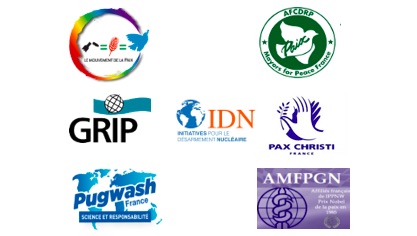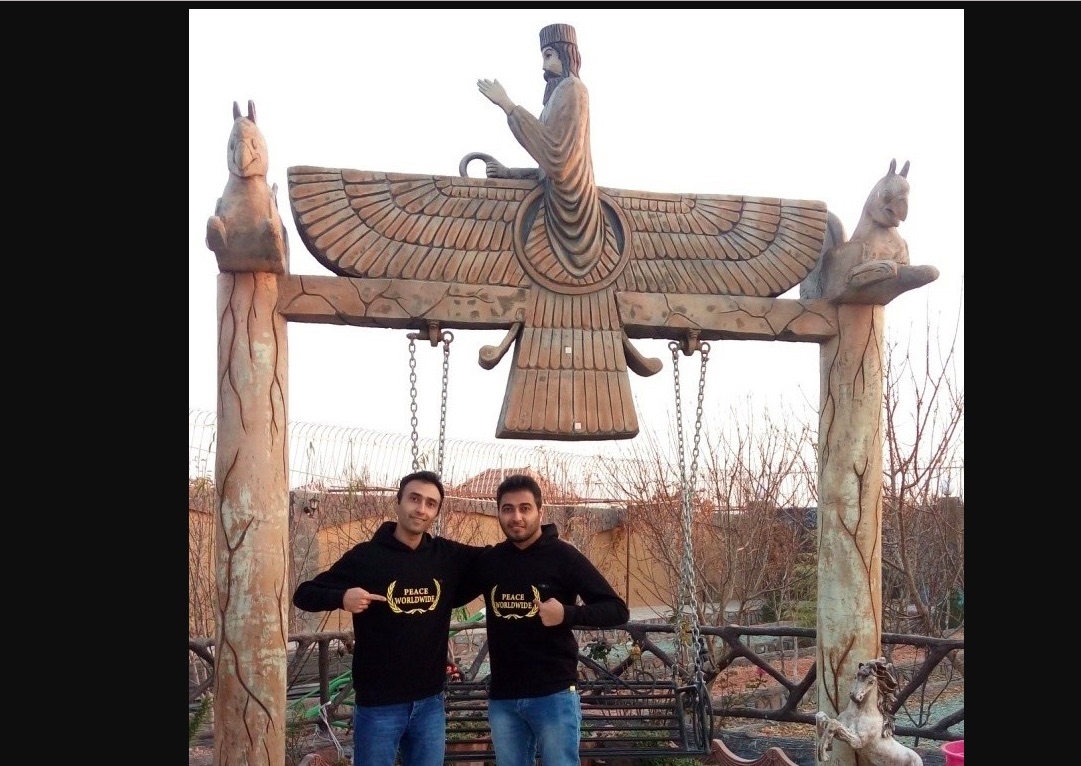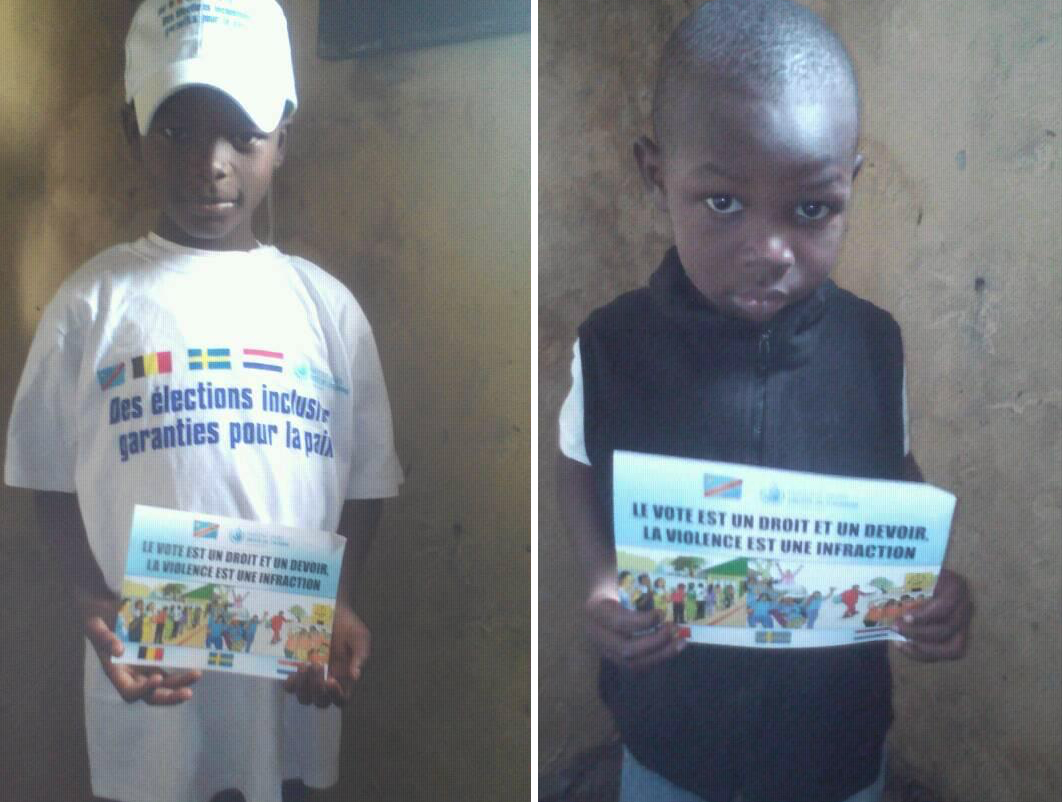… EDUCATION FOR PEACE …
An article from ECOWAS, Economic Community of West African States
The Plans of Action (PoA) of the Economic Community of West African States (ECOWAS)’ Conflict Prevention Framework (ECPF) were launched on the 28th of January 2019 at the ECOWAS Commission headquarters, in Abuja, Nigeria.

officials cutting the ribbon for the launch
The Framework’s 15 Components with peace-building mechanisms, provide, among others, tools for strengthening regional and national capacities for preventing violent conflicts or their recurrence in the region.
In his opening statement at the event, the ECOWAS Commission’s Commissioner for Political Affairs, Peace and Security General Francis Béhanzin noted that the ECPF was established for the realization of the dream of a stable and secured West African region with strong democratic institutions, resilient border security and an environment conducive to economic growth and productivity.
Calling for the support and collective ownership of the Framework, Commissioner Béhanzin maintained that the ideal of a peaceful, progressive and prosperous region had been the main motivation of the ECOWAS Mediation and Security Council when it adopted the ECPF in 2008.
According to him, beyond the ECOWAS Commission and Member States, conflict prevention is the responsibility of the citizens of the community, civil society activists, academics, civil servants and the international community including Ministries of Foreign Affairs and Diplomatic Missions.
(Continued in right column)
Where is peace education taking place?
(Continued from left column)
As adopted, the ECPF is to operationalize the 1999 Protocol on the Mechanism for Conflict Prevention, Management, Resolution, Peacekeeping and security. General Béhanzin stressed in this regard that the Framework is to “serve as a guiding reference for the ECOWAS Member states to strengthen human security in the region”
Introducing the broad objectives of the Framework, the Director of Political Affairs of the ECOWAS Commission, Dr. Remi Ajibewa remarked that what has been birthed is a solid platform for channeling partners’ cooperation to ensure stable, peaceful and more prosperous West Africa while enabling ECOWAS to consolidate on the peace building gains made so far.
The Charge d’Affairs of the embassy of Switzerland in Nigeria Mrs Anne-Beatrice Bullinger held that the new and comprehensive ECPF Action Plans represent a very important step forward towards “a coherent, coordinated, complementary and effective implementation of the Framework by ECOWAS, its Member States and the civil society”
The Danish ambassador to Nigeria Mr. Jesper Kamp stressed that the government Denmark is supporting the ECPF processes in keeping faith with the strides of the regional community as an “indispensable organization for peace, security and governance across West Africa.
Ambassador Kamp said further that the planned activities “provide a platform for youth as well as women. Only through the inclusion of these groups can we ensure that solutions are sustainable”.
The keynote address of the Head of the European Union Delegation to Nigeria Ambassador Ketil karlsen resonated by painting the image of the ECPF as that of a noteworthy conflict prevention instrument.
A presentation of the PoA made by the Commission’s Principal Officer, for Conflict Prevention Mr. Constant Gnacadja revealed the Framework as a comprehensive, operational, conflict prevention and peace-building strategy that is a harbinger of hope through a timely resolution of conflicts in the region.
The PoA are to drive the activities of the 15 components of the ECPF which are: Early warning, preventive diplomacy, democracy and political governance, human rights and rule of law, media, natural resource governance, cross-border initiatives and security governance, Women, peace and security, youth empowerment, ECOWAS Stand-By Force, Humanitarian assistance, peace education (Culture of peace) as well as its Enabling Mechanism.
The ECPF processes are being supported by the Danish International Development Agency (DANIDA), the European Union (EU) among others.

 video of Greta’s speech
video of Greta’s speech




 video of Priya Darshini Baligadoo
video of Priya Darshini Baligadoo